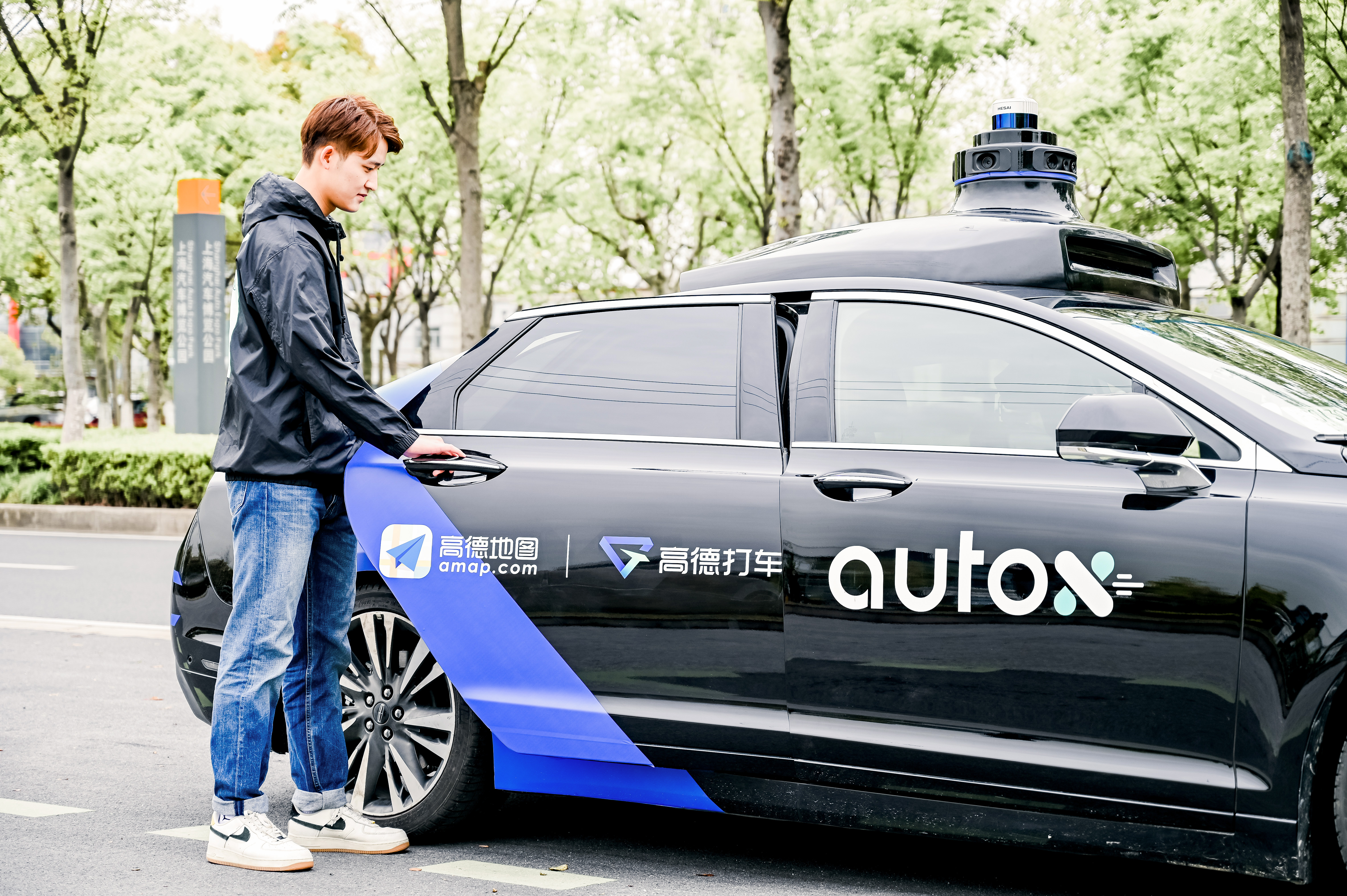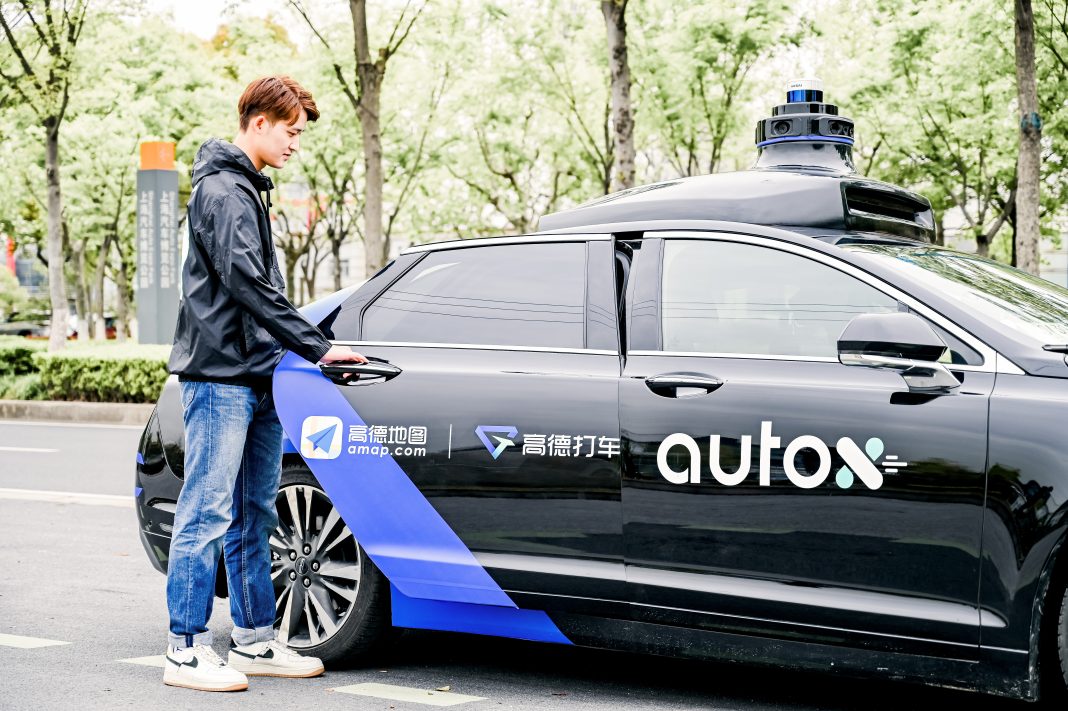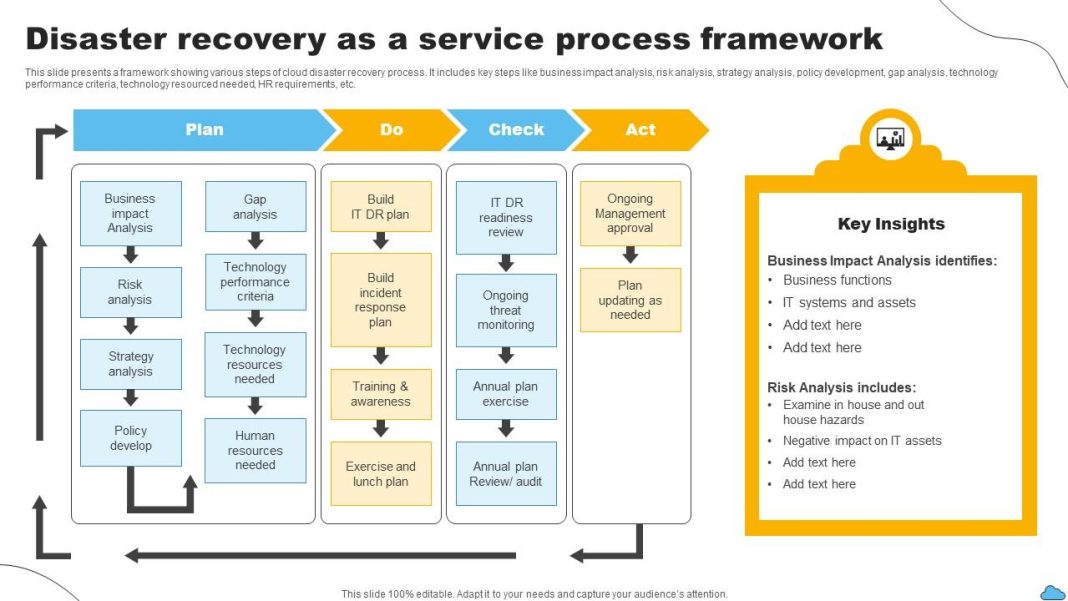 China’s self-driving vehicles, also known as “robocars,” have been making significant strides in the United States. According to recent research published by Fortune Magazine, these vehicles have already driven 1.8 million miles in California since 2017 and have been approved for testing in Texas and Arizona. Equipped with a range of sensors, including cameras, mics, GPS, LIDAR lasers, RADAR, and AI sensors, these robocars can navigate and record various driving conditions and terrains. However, there are concerns about the potential dual-use of these emerging technologies for military and intelligence purposes.
China’s self-driving vehicles, also known as “robocars,” have been making significant strides in the United States. According to recent research published by Fortune Magazine, these vehicles have already driven 1.8 million miles in California since 2017 and have been approved for testing in Texas and Arizona. Equipped with a range of sensors, including cameras, mics, GPS, LIDAR lasers, RADAR, and AI sensors, these robocars can navigate and record various driving conditions and terrains. However, there are concerns about the potential dual-use of these emerging technologies for military and intelligence purposes.
One of the major concerns surrounding Chinese robocars is the issue of data privacy. It is highly likely that the recorded data is sent back to China, which raises questions about Americans’ privacy rights. Under Chinese law, the Chinese Communist Party (CCP) would have full access to this data, including sensitive information such as wifi passwords, facial recognition data, and license-plate tracking. This poses a significant risk as these robocars can be directed to drive anywhere, including near U.S. military bases or corporations with proprietary information, allowing for potential espionage activities.
Already, there have been cases of Chinese nationals employed in the U.S. robocar industry being charged with stealing proprietary self-driving data. Despite one conviction, the lenient sentence of just four months does little to deter potential thieves who stand to gain billions of dollars from stolen data. Furthermore, Chinese companies have taken advantage of U.S. technologies and data to leapfrog ahead in the self-driving car market. They have even brought self-driving technologies developed in Silicon Valley back to China and expanded on them significantly.
Reciprocity is another major issue. While Chinese robocar companies freely access detailed road data, high-resolution maps, and testing opportunities in the United States, U.S. car companies face significant barriers in accessing similar resources in China. This unfair advantage makes it extremely challenging for U.S. self-driving car companies to compete in the Chinese market, where 20% of new cars sold by 2030 are projected to be driverless, and another 70% will use advanced assisted driving technology.
Tesla, one of the few U.S. car companies making progress in China, faces discrimination due to limited access to necessary data and restrictions on taking it outside of China for development purposes. This puts Chinese companies like Baidu’s self-driving unit at a three-to-five-year lead over Tesla on their home turf. With China already testing more robocars than the United States, it is clear that the U.S. government has not done enough to address the risks associated with Chinese national engineers and robocar companies operating within its borders.
Several members of the U.S. House of Representatives, including Reps. Tim Walberg, Debbie Dingell, Bob Latta, and Marc Veasy, have expressed concerns about these risks. They have issued a press release and letter to Department of Transportation Secretary Pete Buttigieg and Department of Commerce Secretary Gina Raimondo, highlighting the potential dangers of granting China’s robocars unchecked access to sensitive data. They emphasize that China is already setting global standards, establishing supply chains, and deploying the technology independently, giving the Chinese Communist Party unprecedented access to valuable data that could be used for surveillance and control.
Despite media coverage by CNBC and Nikkei Asia Review on China’s robocar testing in the United States, the U.S. government has yet to take significant action to protect American interests and companies. While there have been talks of imposing regulations on networked cars sending data to China, these measures may come too late to effectively safeguard against potential threats. As China continues to make significant advancements in the field of self-driving cars, it is crucial for the U.S. government to prioritize national security and data privacy concerns to prevent further vulnerabilities and maintain its competitive edge.

